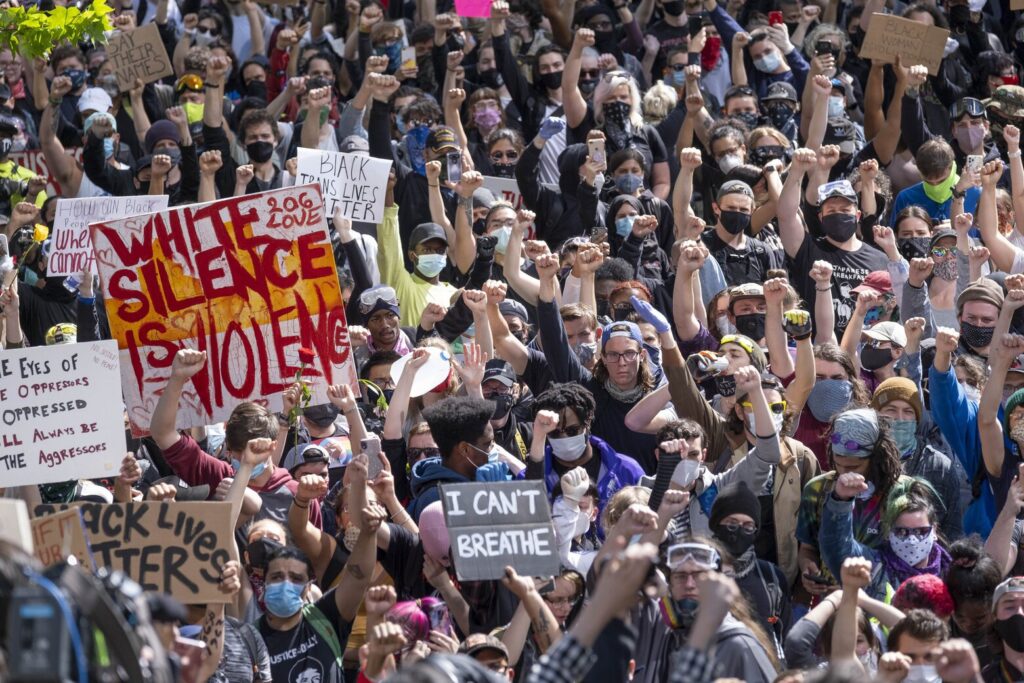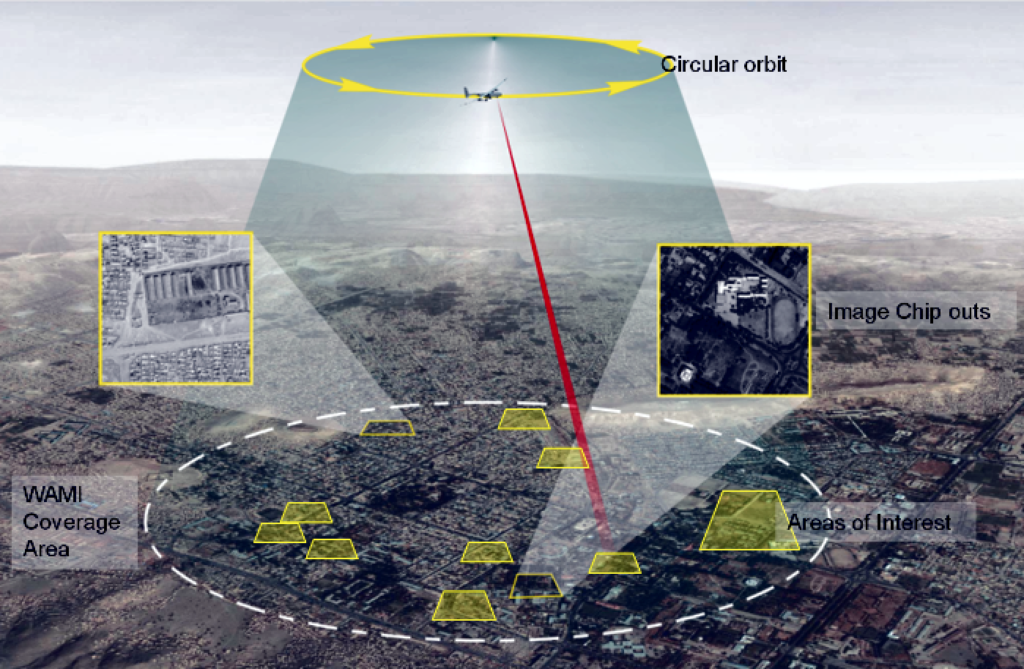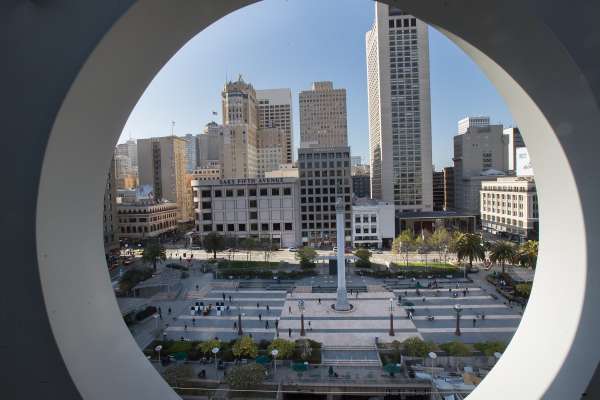
The Seattle Office of Inspector General (OIG) released a set of recommendation from the entinel Event Review (SER) of the first days of protests that took place in Seattle following the murder of George Floyd at the hands of police. The deliberations were co-facilitated by the Quattrone Center, a criminal research and policy hub at the University of Pennsylvania Carey Law School, and by Point One North, an organization specializing in peacemaking and conflict resolution. The SER brought together a diverse group of community members and SPD representatives to examine root causes of poor policing outcomes and identify opportunities for systemic improvement.
Among the points raised in the report is community legitimacy and addressing the gap between what the police may be permitted to do by law or policy (“structural legitimacy”), and what officers need to do to meet the standards of justice expected by community (“perceived legitimacy”).
The full report can be read below. This is the first of several to be issued by the Seattle OIG.




